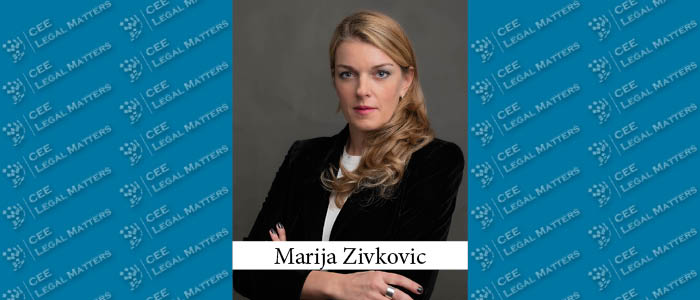This summer, the Albanian National Assembly adopted a significant package of amendments to the Law on Foreigners, signalling a clear shift toward aligning national migration rules with key EU directives. While the legal changes are substantial, their purpose is broader: to simplify how Albania governs entry, residence, and work rights for foreign nationals, especially those from the European Union. The reform reflects both Albania’s political will to approximate the EU acquis and a growing recognition that the country must adapt to new demographic, labour, and mobility dynamics. While the amendments cover a wide range of areas, we highlight below the provisions most likely to impact foreign nationals and their interactions with Albanian institutions.
The New Personal Bankruptcy Act: Analysis and Consequences
The adoption of The Personal Bankruptcy Act ( the“Act“), published in the State Gazette, issue 54 of July 4, 2025, marks a significant milestone in the development of Bulgarian law. This legislative act fills a long-standing gap in the national legal framework, as Bulgaria was until recently the only European Union member state without comprehensive personal insolvency legislation. This lack has led to serious social and economic difficulties for citizens burdened with unmanageable debts, who often find themselves in a permanent state of inability to repay them.
Recent Labor Trends and Developments in Serbia
Although Serbia’s Labor Law has remained unchanged for years, adjacent legislative developments reflect how employers are adapting to evolving workplace realities. Two such areas, work from home and labor shortages, have been addressed through the new Law on Safety and Health at Work and updated regulations on employing foreign nationals, both adopted in 2023. These developments indicate a gradual but meaningful adjustment in regulatory priorities in response to practical challenges faced by employers.
The Debrief: July 2025
In The Debrief, our Practice Leaders across CEE share updates on recent and upcoming legislation, consider the impact of recent court decisions, showcase landmark projects, and keep our readers apprised of the latest developments impacting their respective practice areas.
Extraordinary Increase of Minimum Wage
At the meeting of the Social-Economic Council of the Republic of Serbia, a decision was made on an extraordinary increase in the minimum wage in Serbia, which enters into force on 1 October 2025.
Paid Annual Leave – A Legal Right and the Key to Personal Well-Being
It’s mid-July, the summer is in full swing, and most of us are either on annual leave or eagerly counting down the days until we can finally unplug and recharge. That’s why I decided to dedicate this light, summer-friendly topic, perfect for reading in the shade at +35°C, to reminding us that the right to paid annual leave is not only one of the fundamental human rights, but also a necessary response to the lifestyle we lead.
Does the Termination of Employment Contract due to the Expiration of the Probationary Period Have to Be Reasoned?
In light of a judgment rendered in proceedings for the annulment of an unlawful decision terminating an employment contract upon expiry of the probationary period, a question has arisen which, from the standpoint of legal theory and the fundamental principles of labor law, arguably should not be a matter of dispute: should a termination decision issued upon the expiry of the probationary period include a statement of reasons?




















